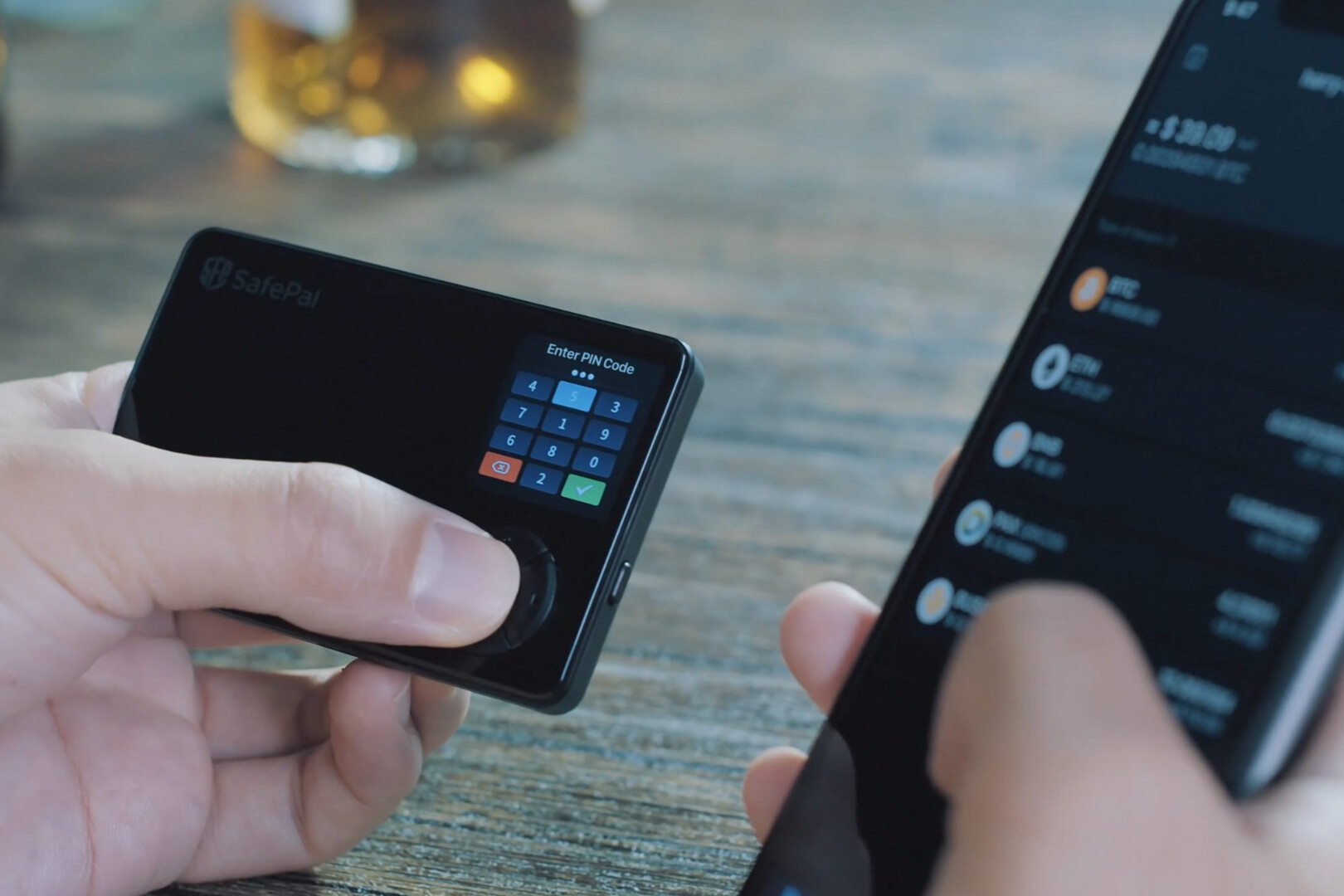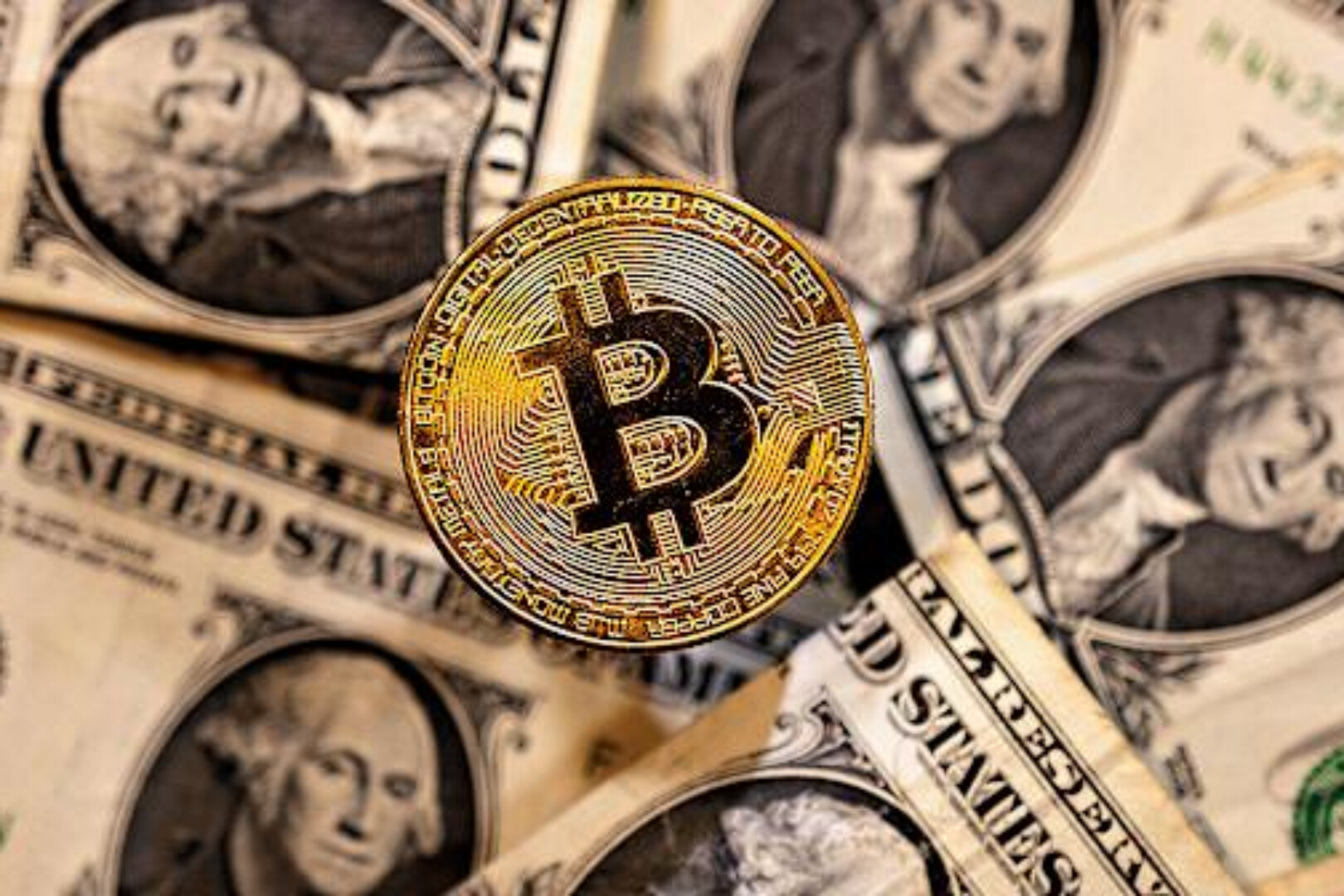This article comes fromCointelegraph, by David Attlee
Odaily translator |

The prices of privacy coins, namely Monero (XMR), Dash (DASH), Zcash (ZEC) and Haven Protocol (XHV), have surged in recent weeks. As many other cryptocurrencies and the industry as a whole face intense regulatory pressure over the Ukraine war, one narrative that has become popular in the cryptocurrency space is that such privacy-enhanced assets have the potential to provide investors with greater financial anonymity. But can privacy coins deliver on the original promise of Bitcoin?
first level title
Now Is a Good Time for Privacy-Focused Digital Assets
Over the past month, Monero has nearly doubled in value. With some small oscillations, it rose from $134 on February 24 to over $200 on March 26. ZEC rose from $88 to $202 during the same period. DASH also rebounded, albeit somewhat modestly, from $83 to $128. One of the biggest winners appears to be XHV, which nearly tripled in price from $1.6 to $4.2.
Justin Ehrenhofer from the Monero community said in an interview with Cointelegraph that the recent price surge comes from more family funds and individuals holding Monero as a store of value, and is stimulated by recent market and political turmoil. Ahawk, a member of the Haven Protocol community, linked the XHV price surge to the upcoming integration on THORChain, which he called one of the most cutting-edge decentralized exchanges (DEX) in all cryptocurrencies. Jack Gavigan, executive director of the Zcash Foundation, said that the surge in the price of the privacy coin may be the result of high volatility in the price of Bitcoin.
first level title
No compromise on privacy
Originally, anonymity was one of the core promises of Bitcoin and cryptocurrencies in general. However, as the industry matures and gradually integrates with traditional financial markets, digital currencies face requirements from institutional investors and regulators everywhere to comply with KYC and anti-money laundering (AML) standards. This sacrifices user anonymity, at least for withdrawals/exchanges on compliant platforms.
Nor does blockchain traceability help those wishing to hide their financial operations, as evidenced by a series of high-profile enforcement actions in the United States.
Privacy coins emerged as a response to these compromises. “Bitcoin has always been private, Ethereum has always been private,” Ahawk explained the relentless drive of cryptocurrency developers to create truly private, alternative cryptocurrencies. “Given the tendency for corporate and government overreach, it is not surprising that demand for such currencies has increased in recent years.” Ahawk added:
"Why do you need a password for your bank account? For the same reason, crypto users increasingly demand privacy: you don't want anyone clicking a few options to see your entire financial record just because you want your financial It’s true that the situation is only visible to you.”
Without privacy, every address and output is associated with a record, losing a key feature of digital currencies: fungibility, Ehrenhofer said. He commented:
“This opens the door to mass surveillance and allocating everyone’s funds to proprietary risk scores, which in turn makes transparent assets practically non-fungible.”
"While banks may not be able to see where you got your cash from, or where you spent your money after withdrawing it, they still know who you are and they can assess whether your financial behavior is normal."
first level title
Will regulators fight back?
However, this desire for anonymity has not found much support among regulators and law enforcement. In November 2020, South Korea became the first country to immediately ban anonymity-enhanced currencies (AECs). A month later, the U.S. Financial Crimes Enforcement Network (FinCEN) mentioned that “several types of AECs are growing in popularity and employ various techniques that inhibit investigators’ ability to use blockchain data to identify transactional activity.” Over the past few years , some trading platforms such as Bitbay and Bittrex have delisted privacy coins.
Still, not only investors but also developers see a bright future for AEC in the coming years. Ehrenhofer sees nothing impossible in combining enhanced user privacy with regulatory compliance. It’s no accident that privacy coin developers mention cash as the closest equivalent to AEC. Ehrenhofer assured that as KYC/AML requirements become more common in the cryptocurrency space, the importance of Monero will only increase:
“No one has a reason to ask Monero or Bitcoin to comply with AML regulations, it makes no sense. Instead, the push is for regulated entities to comply with AML regulations, such as exchanges. There is no doubt that they can already do this .”
Gavigan also noted that, in some ways, privacy coins make it easier for their owners to comply. First, regulated entities can attach required “travel rule” information to shielded Zcash transactions by using encrypted memo fields, which is not possible in Bitcoin.
first level title
what's next
Privacy protocols should continue what they are already doing, Ahawk believes, which is to create security protections for everyday users and ensure they can comply with regulations in their respective jurisdictions. "It's law enforcement's job to track down criminals, not cryptocurrency developers," he said.
Ehrenhofer noted that such mechanisms already exist, with regulated exchanges already collecting information on user transactions, deposits, and withdrawals. He added:
“The U.S. should encourage cooperative, regulated exchanges to list Monero so that investigators can gain more information about suspicious transactions through suspicious activity reports and currency transaction records.”





